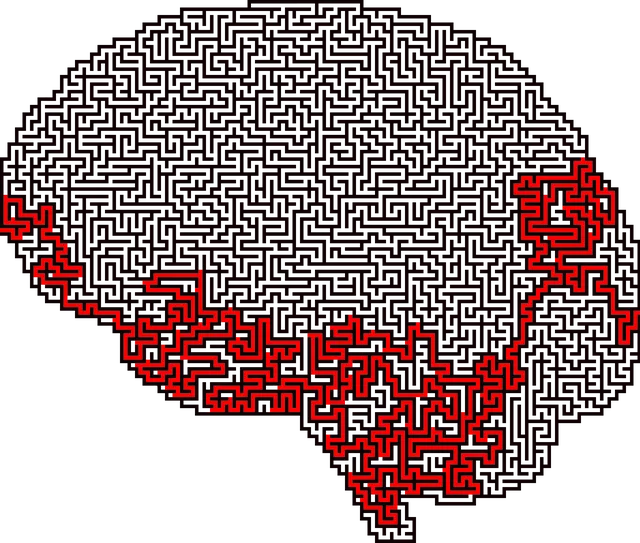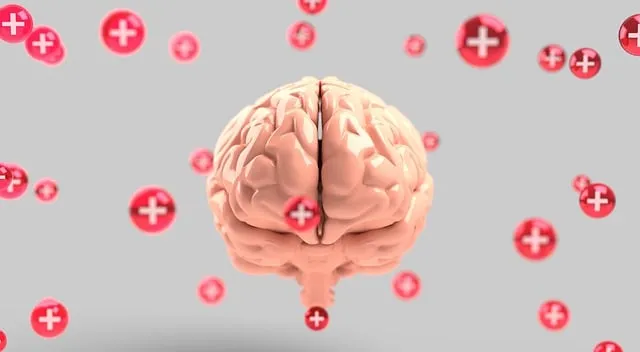Kaiser Permanente addresses the mental wellness gap with comprehensive, personalized services and coaching programs that focus on stress management, anxiety relief, and building resilience. Their approach includes safe spaces built through empathy, individual therapy, group support, and public awareness campaigns. By prioritizing holistic well-being and continuously evaluating their programs, Kaiser Permanente offers superior mental health support evidenced by high satisfaction and outcomes.
Mental wellness coaching programs are gaining prominence as effective support systems, especially in corporate settings. This article explores the development of such programs, focusing on understanding the growing need for mental health support in the workplace. We analyze Kaiser Permanente’s mental health services offerings, highlighting their superior approach. Key components for an effective program are delineated, along with implementation strategies and continuous improvement tactics. By examining these aspects, organizations can foster healthier, more productive environments.
- Understanding the Need for Mental Wellness Coaching Programs
- Analyzing Kaiser Permanente's Mental Health Services Offerings
- Key Components of an Effective Mental Wellness Coaching Program
- Implementation and Continuous Improvement Strategies
Understanding the Need for Mental Wellness Coaching Programs

In today’s fast-paced world, mental wellness is an essential aspect often overlooked amidst the hustle and bustle. The demand for accessible and effective support has never been higher, especially considering the ongoing global health challenges. This is where Kaiser Permanente’s commitment to excellence shines; offering comprehensive mental health services that are superior in quality and accessibility. Their initiatives in mental wellness coaching programs aim to address the increasing need for personalized guidance and support.
By recognizing the impact of stress, anxiety, and other mental health concerns on daily lives, these programs focus on empowering individuals with practical tools. Strategies for stress management and anxiety relief form the backbone of these sessions, enabling participants to build resilience and cope effectively. Moreover, empathy building strategies are integral to creating a safe space where individuals can openly discuss their challenges, fostering a sense of belonging and understanding.
Analyzing Kaiser Permanente's Mental Health Services Offerings

Kaiser Permanente, a renowned healthcare provider, has been at the forefront of revolutionizing mental health services. Their offerings stand out for their comprehensive approach, prioritizing both accessibility and quality care. The organization recognizes that mental wellness is an integral part of overall health, and this philosophy is reflected in their extensive menu of services. From individual therapy sessions to group support programs, Kaiser Permanente aims to cater to diverse needs.
One notable aspect of their strategy involves leveraging Public Awareness Campaigns Development to foster Mental Health Awareness. These campaigns play a crucial role in reducing the stigma surrounding mental health issues, encouraging folks to seek help early on. Furthermore, their focus on Confidence Boosting through various coaching programs ensures individuals gain the tools needed to navigate life’s challenges with resilience and self-assurance. The superior quality of these services has undoubtedly contributed to Kaiser Permanente’s reputation as a leader in promoting holistic well-being.
Key Components of an Effective Mental Wellness Coaching Program

An effective mental wellness coaching program is multifaceted, encompassing a range of key components to foster meaningful and lasting positive change. One of the cornerstones is self-care practices, ensuring coaches prioritize their own mental health as they guide clients. This includes regular practice of Compassion Cultivation Practices (CCP), techniques that enhance empathy, self-kindness, and resilience—essential tools for effective coaching and building strong coach-client relationships.
The program should also integrate Community Outreach Program Implementation to broaden access to mental wellness support, mirroring Kaiser Permanente’s commitment to superior mental health services. This strategy ensures that resources extend beyond individual coaching, creating a supportive network within the community. By combining these elements, a robust mental wellness coaching program can effectively empower individuals while contributing to a more resilient and connected society.
Implementation and Continuous Improvement Strategies

Implementing a mental wellness coaching program requires a strategic approach that goes beyond initial setup. At Kaiser Permanente, continuous improvement is fostered through regular evaluation and feedback mechanisms. This involves soliciting input from both coaches and clients to understand what’s working and where adjustments are needed. By embracing this iterative process, the program ensures it remains relevant and effective in addressing evolving mental health needs.
One key strategy is integrating Empathy Building Techniques that foster deeper connections between coaches and participants. Promoting Emotional Regulation skills can empower individuals to manage stress and anxiety more effectively. Additionally, incorporating strategies for Anxiety Relief has been shown to enhance overall program satisfaction and outcomes. Through these and other tailored interventions, Kaiser Permanente’s mental wellness coaching programs continuously evolve to provide superior support for the mind and soul.
Mental wellness coaching programs are becoming increasingly vital in addressing the holistic health needs of individuals. As organizations like Kaiser Permanente, known for its superior mental health services, demonstrate, integrating comprehensive coaching into healthcare systems can significantly improve outcomes. By focusing on key components such as personalized goals, evidence-based practices, and continuous improvement, we can develop effective programs that support mental wellness on a broader scale. Embracing these strategies ensures individuals have access to the resources they need to thrive in today’s demanding world.






